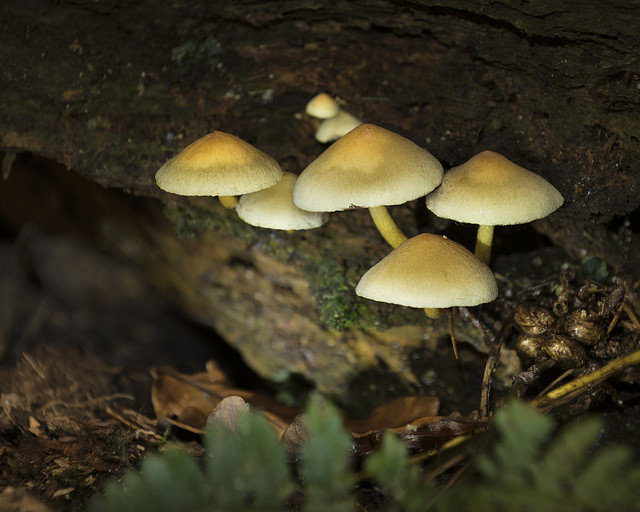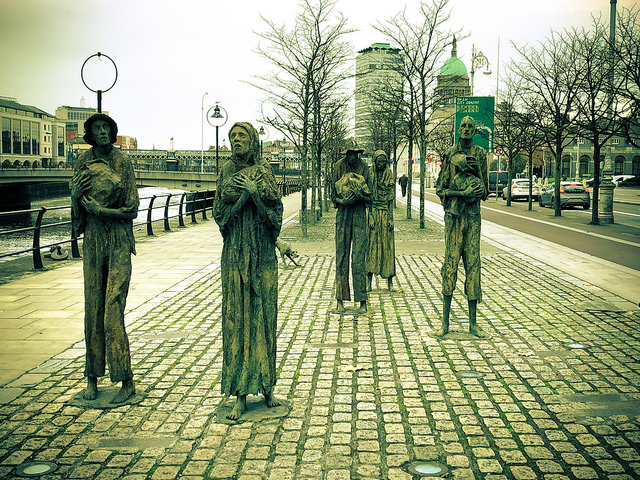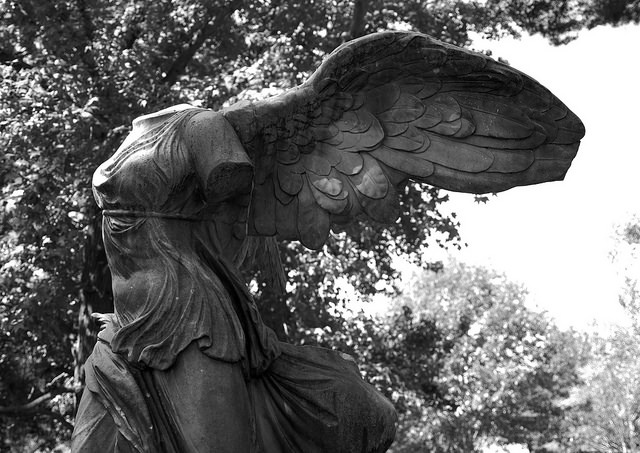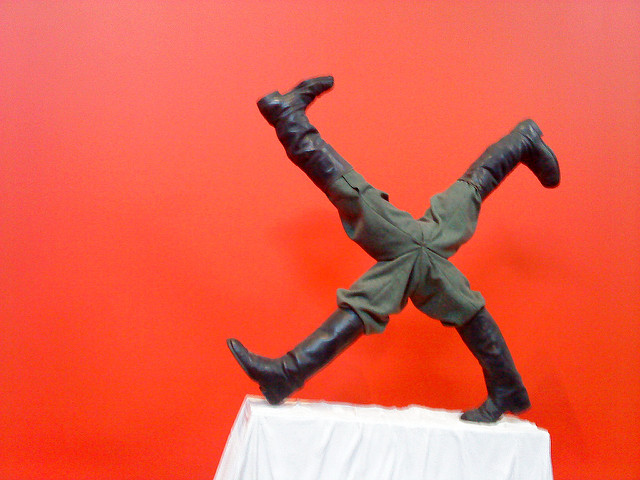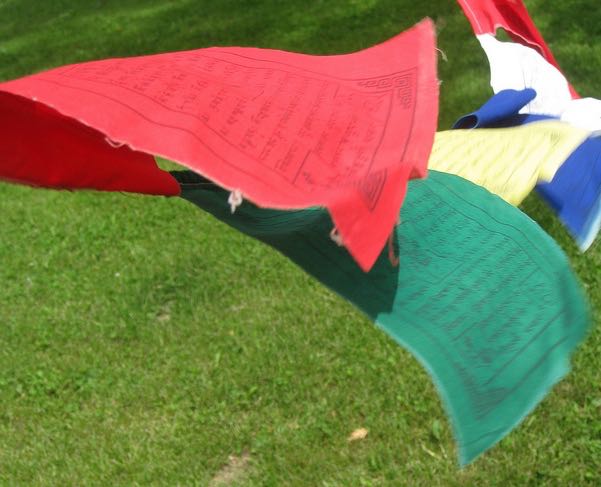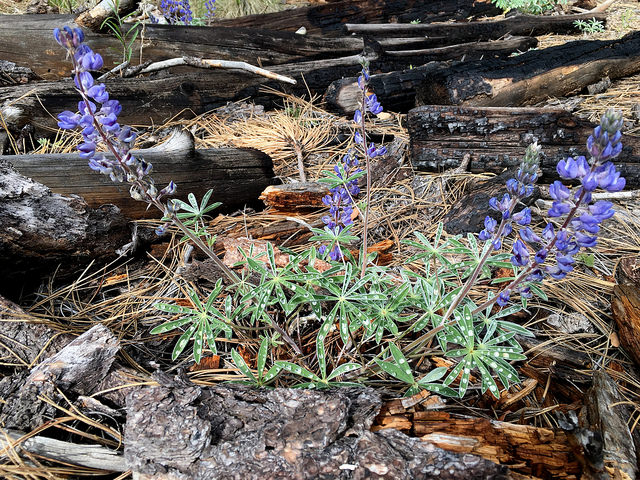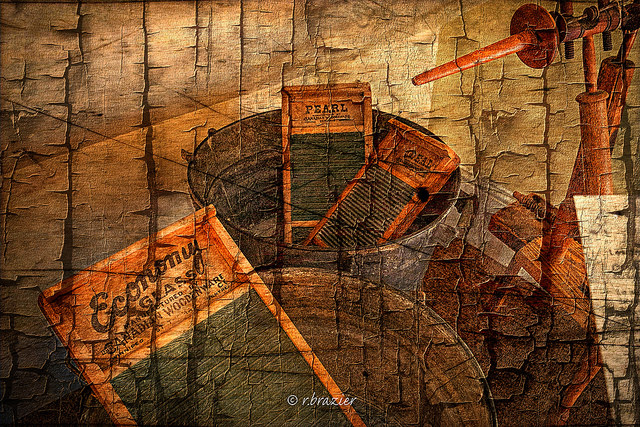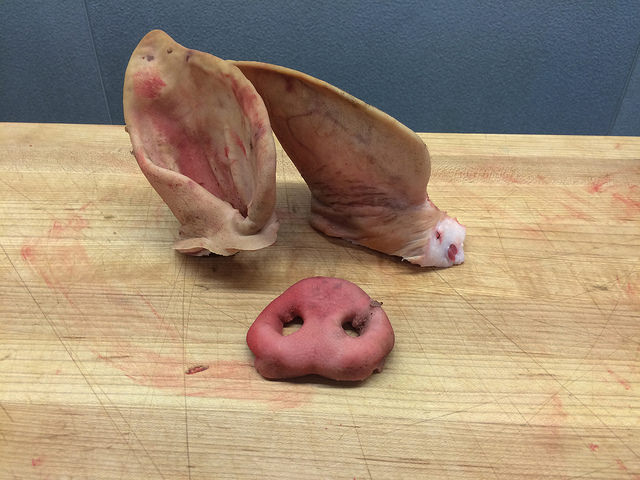Obamaclipse
By Rony Nair
1. Overview
Lopsided dreams coalesce into hazy sunsets,
pretending to droll out Nintendo games played by our new trumped up incantation. The new war boy. Elected of course. by a war room of nominees with shotguns in their bed.
Hawkish foreign policy bytes, words of war, beating up the beaten, hoarse cries from musty rooftops—declaiming glory. feigning peace.
A solar eclipse of armament sales. If there’s no Middle East, North Korea’s our Jerusalem.
2. Prelude
Gas and fuel create their own viewfinder,
eclipses redefine our planes,
we reminisce over Hiroshima and Vietnam and lines crossed in Syria.
we did nothing for the maimed.
Rehearse another beautiful speech for a week later. Weave a wand about history and legacy and myth.
a tin drum sounded better than your inaction. your rhetoric so beautiful that everyman lost your original point,
foreign secretary fly miles were made to order
jet fuel. ambassadors in death, Libyan draught holes. Furtive arrests.
Gulf springs and coattails. Russia. Bust.
sound and fury …
I’ll talk about books instead.
Solar eclipses where the sun ran and hid.
You were lounging, after your dinner speech bid!
Seduction we fell for once, with Camelot. Doled out over misty wordplay and Agent Orange and Apocalypse Now.
Memory. I see you now. Speak. Somehow!
1.1 Overview 2
Presidential donkey days, torrential rains
Sit atop lies and palaver—brain dead Charleston Trucks run amok over segregation benefaction.
Hell, Nazis are our new heroes. Says our new mime.
An old freed slave now joins his masters. declaiming speech upon wasted speech. quoting rhyme.
That Solar eclipses smile
2.1 Memory 2
the years we lost, the years we lost.
To inertial speech and rhyme.
farewell you said, we need valets in bed,
a white plane for a dime.
“it doesn’t behoove me to be verbose” finally you said—
before you boarded your Presidential
To ski with Richard Branson.
3. The End
On eclipse day, we’ll play Golf for fun.
Every week becomes a round. Every round becomes a tweet.
Our foreign policy explained.
140 beats.
Rony Nair has been a worshipper at the altar of prose and poetry for almost as long as he could think. They have been the shadows of his life. He is a poet, photographer and a part-time columnist. His professional photography has been exhibited and been featured in several literary journals. His poetry and writings have previously been featured by Chiron Review, Sonic Boom, The Indian Express, Mindless Muse, Yellow Chair Review, New Asian Writing (NAW), The Foliate Oak Magazine, Open Road Magazine, Tipton Review, and the Voices Project, among other publications. He cites V.S Naipaul, A.J Cronin, Patrick Hamilton, Alan Sillitoe, John Braine and Nevil Shute in addition to FS Fitzgerald as influences on his life; and Philip Larkin, Dom Moraes and Ted Hughes as his personal poetry idols. Larkin’s’ collected poems would be the one book he would like to die with. When the poems perish, as do the thoughts!
Photo credit: Terry Ballard via a Creative Commons license.


